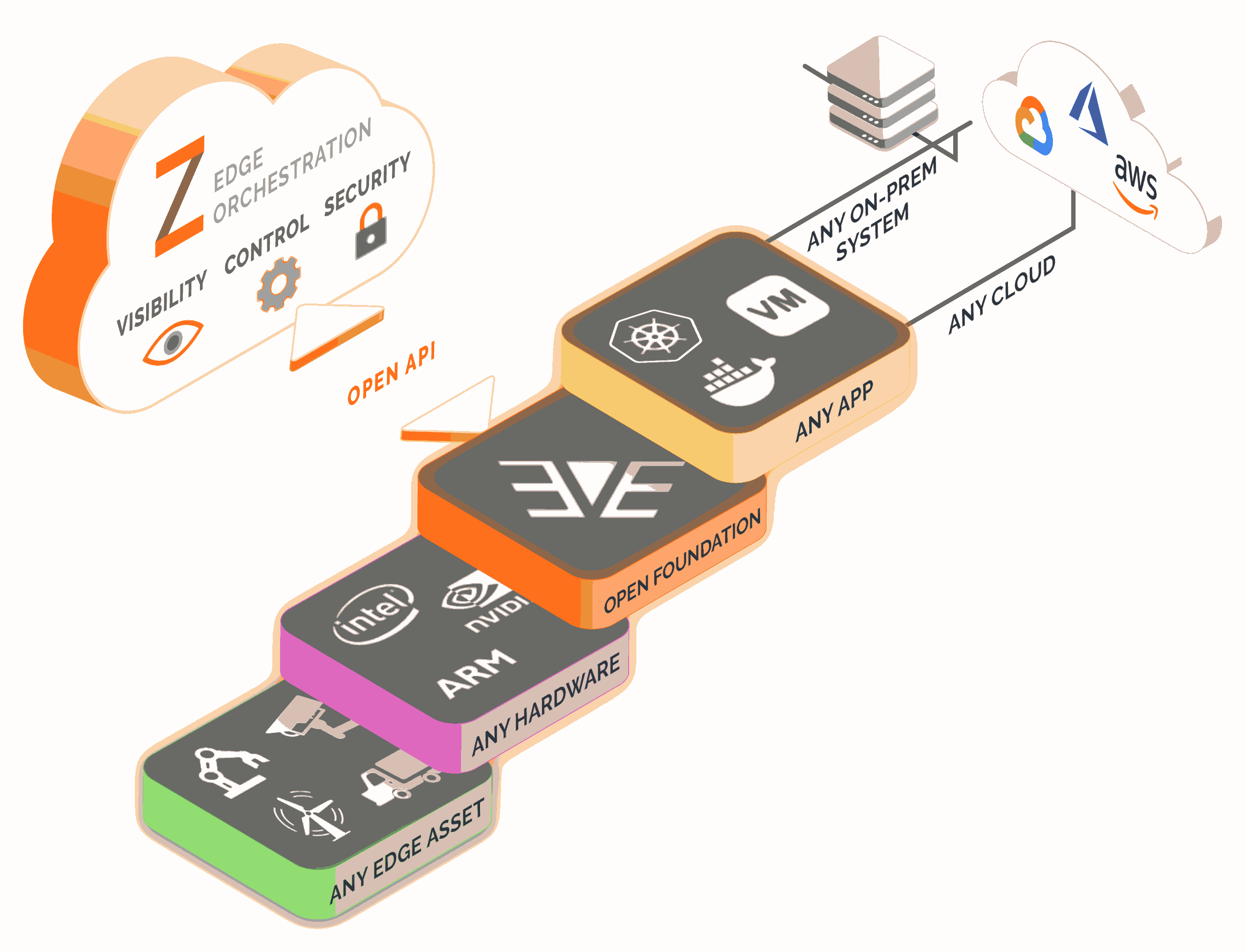EV charging company Monta has been building out EV charging solutions to make it easier to charge electric vehicles everywhere. It started in Europe, but it just raised an additional $30 million from Energize Ventures, at a $155 million valuation, to expand into the U.S. market. The company tackles one of the biggest bottlenecks to mass-market EV adoption: EV infrastructure.
“We are aiming to fully digitalize the EV ecosystem to tackle all the immediate challenges within the industry and build toward a more transparent and flexible future. By partnering with hardware OEMs we can deliver new features straight out of the box, like our new feature that allows operators to set a percentage on top of the spot price in order to follow the market fluctuations and automatically offer a fair price for charging,” says Casper Rasmussen, Monta CEO, in an interview with TechCrunch. “The investment from Energize and our returning investors is a strong vote of confidence in our vision, team and software as the cornerstone of the mobility infrastructure of the future.”
The company is working to digitize the EV charger ecosystem, with a charging management platform. The core problem the company addresses is the fact that an estimated 3,000 new public charging points are needed every week across Europe to keep pace for the continent’s target of a million charge points by 2025. The hardware installation is one part of that; the limited customer experience for finding and accessing the charge points is another — and the latter is where Monta shines.
“When I bought my first electric vehicle (a Tesla), I discovered how fragmented and underdeveloped the charging infrastructure was. I left my job as the global CTO of a digital consultancy where I oversaw 750 engineers across my teams, and coming from a software development background, I saw an opportunity to fix a prevalent challenge plaguing the EV industry,” said Rasmussen. “Together with my co-founder, we put together the initial pieces of what would be Monta’s platform, a software layer to connect all the dots for operators and owners.”
The current fundraise was led by Energize, and takes the total investment into Monta to more than $50 million.
“We were really impressed by how much knowledge Juan Muldoon and the entire Energize Ventures team had about the EV market when we first connected. For Energize, Monta represents their third investment in digital solutions to support the buildout of EV charging infrastructure,” notes Rasmussen. “Compared to our conversations with other prospective investors, the topics were on a different level. We spoke in-depth about the challenges and opportunities with our software approach. To be honest, we had not planned on taking on a new investment, but from the beginning, we could feel that this partnership was a very good match. Even over the last few months, we are confident that our decision to work closely with electrification experts who understand the entire ecosystem is the right choice as we continue to scale.”
The company was initially reluctant to share its valuation, but eventually told me that it had raised with terms valuing the company at $155 million.
“We are going to be heads-down on product development in the near-future. As more EVs hit the roads globally, we’re planning to incorporate grid management services to facilitate the growth of vehicle-to-grid (V2G) and aid in the creation of local energy markets. Right now, V2G is in its infancy stages, but allowing EV owners to sell excess power back to the grid will be critical for energy resiliency around the world — especially as we continue to battle extreme weather events. We envision a future of vehicle-to-everything, and it’s exciting to be shaping that right now,” Rasmussen outlines part of his strategy for the coming few years. “For us, it’s also important to create more transparency in the industry, both for EV drivers and charge point operators. I can relate as a first-time EV owner; I know users are still not well-informed about pricing before they start to charge and oftentimes run into charge points that are out of order for no reason. Charge point owners, on the other hand, often lack helpful insights to the problems, and therefore, are unable to fix them. At Monta, the goal is to fix that problem and make EV charging a simple and smooth process for everyone involved.”
There’s little doubt that there’s a lot of enthusiasm around the EV industry, but as anyone who’s done long road trips can attest, if you have to charge anywhere that isn’t in your usual spots, things get complicated fast. A lot of chargers are out of service, poorly maintained or you need a number of payment methods and memberships etc. to be able to charge properly. Monta is picking a fight with the lack of infrastructure availability.
“The speed at which we’re seeing the EV revolution come to life is mindblowing. However, the EV market’s growth remains dependent on the buildout of charging infrastructure — to support EV production projections, over 1.6 million public chargers and 20 million private chargers will need to be deployed across the U.S. and Europe over the next three years alone,” explains Rasmussen. “The current ecosystem of chargers is highly fragmented, with a wide variety of installers, charge point owners and OEMs at play. Today’s limits within EV charging infrastructure can prohibit adoption as range anxiety makes consumers more hesitant to purchase EVs. Because Monta’s solution is hardware agnostic, our software platform can help bridge the gaps, enabling a simpler, more accessible and reliable EV charging future.”
EV charging platform Monta raises at $155M valuation to expand into the US by Haje Jan Kamps originally published on TechCrunch

